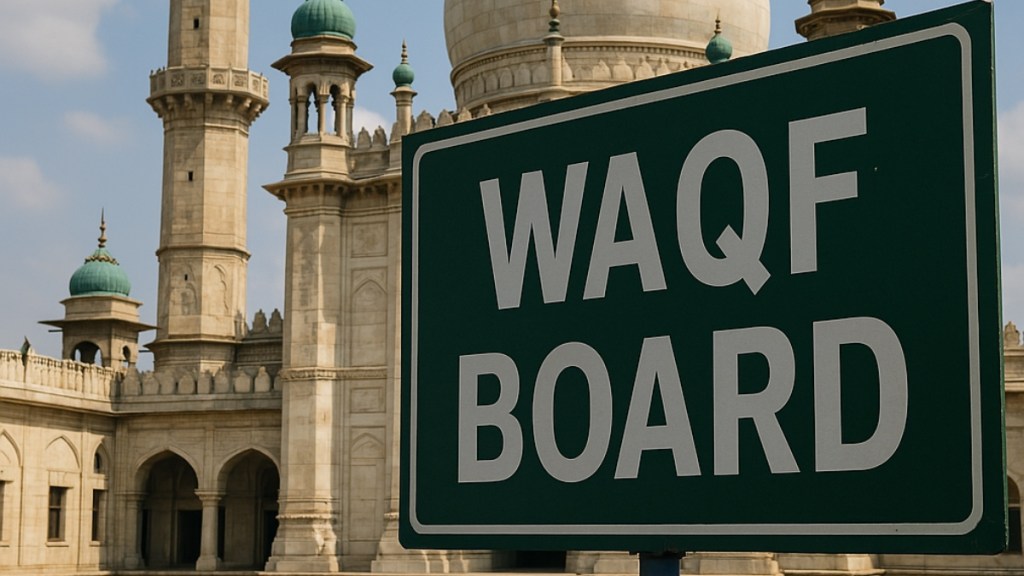The Lok Sabha witnessed a heated debate on Wednesday as the Bharatiya Janata Party-led central government and the opposition sparred over the Waqf (Amendment) Bill, introduced by Minority Affairs Minister Kiren Rijiju.
Congress leader Gaurav Gogoi criticised the proposed amendments, calling them an attack on the Constitution’s basic structure. He accused the government of undermining constitutional safeguards, maligning minorities, and fostering societal divisions. In defense of the amendments, BJP leader Ravi Shankar Prasad argued that they were essential to prevent misuse and illegal occupation of Waqf properties. He asserted that many Waqf lands were either lying vacant or being unlawfully taken over, necessitating regulatory intervention.
Understanding Waqf Properties in India
Waqf refers to assets dedicated exclusively to religious or charitable purposes under Islamic law, with their sale or alternative use strictly prohibited. India has a vast network of Waqf properties, including religious, commercial, and agricultural assets.
According to the Waqf Assets Management System of India, the country has 872,324 immovable Waqf properties, making it one of the largest repositories of religious and community-owned land globally. The breakdown includes:
Graveyards: 150,516 properties (17%)
Mosques: 119,200 properties (14%)
Commercial establishments: 113,187 shops and 92,505 houses
Agricultural land: 140,784 properties (16%)
Religious sites (dargahs, mazars, etc.): 33,492 properties
Waqf Properties Across India
Total Waqf Properties: 872,324 across states and union territories
Uttar Pradesh Leads: With 232,547 properties (27% of the national total), UP has the highest Waqf holdings
Other Key States: West Bengal (80,480), Punjab (75,965), Tamil Nadu (66,092), and Karnataka (62,830)
Diverse Usage: Besides religious sites, Waqf properties also include 64,724 plots, 17,719 ashoorkhanas, and 14,008 madrasas
Key Amendments in the Waqf Bill
The proposed amendments introduce stricter criteria for Waqf declarations. Only practising Muslims for at least five years can dedicate property to Waqf, reverting to pre-2013 rules. Additionally, women must receive their rightful inheritance before any Waqf declaration, with safeguards for widows, divorced women, and orphans.
Challenges in Waqf Board Management
Despite digitizing 330,000 records to improve transparency, the Waqf Board continues to face governance issues, mismanagement, and legal disputes. One of the key challenges is the irrevocable nature of Waqf properties, leading to prolonged legal battles. Courts have questioned land claims, such as those over two islands in Bet Dwarka, highlighting ownership ambiguities. Additionally, encroachments, fraudulent registrations, and lack of coordination with revenue authorities further complicate Waqf management.
The ongoing debate over the Waqf (Amendment) Bill reflects the broader struggle between regulatory oversight and religious property rights, with implications for governance and minority community interests in India.

